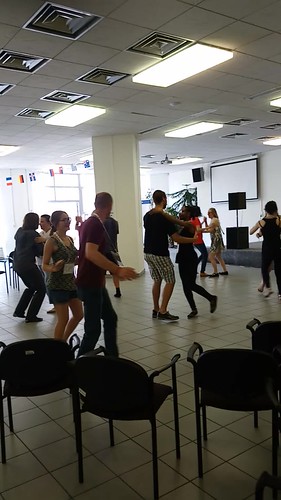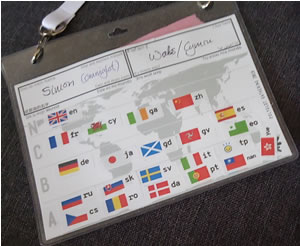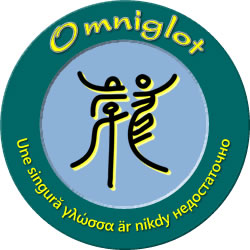![汉字 [漢字] Chinese characters](http://www.omniglot.com/images/blog/hanzi.gif)
One thing Chinese learners often ask about is how many characters they need to know in order to read Chinese.
In a new article I was sent today, there’s some discussion about how many Chinese characters and words you need to know. I decided to check to details provided by the writer, and re-wrote this section based on what I found.
According to the PRC language curriculum standards, by grade 9 Chinese pupils are expected to be able to recognise 3,500 commonly-used characters, and to be able to write 3,000 of them.
According to the BBC languages site, the average educated Chinese person knows about 8,000 characters, but you only need to know 2-3,000 to read a newspaper.
According to this post on Ninchanese, Chinese students who graduate from high school know about 4,500 characters. If you want to be able to read Chinese newspapers you need to know around 2,500 characters, and for other texts maybe 3-4,000 characters. It also mentions that there are 370,000 words listed in the 汉语大词典, a comprehensive Chinese dictionary.
In China urban residents are officially considered literate if they know 2,000 characters, and rural residents if they know 1,500 characters. Based on these definitions, 99% of the population was literate in 2014 [source]. However, if the Ninchanese statistics are true, many people who are defined as literate might struggle to read a newspaper.
Chinese characters are often equated with words. However, each character represents a syllable. Some Chinese words are monosyllabic, and are written with one character, but many have two or more syllables, and are written with two or more characters. So knowing a Chinese character doesn’t necessarily mean that you will understand all the words it appears in.
For example, you may know the character 马 [馬] (mǎ) – horse, but would you know these words?
- 马兵 [馬兵] (mǎbīng) – cavalry (“horse soldiers”)
- 马力 [馬力] (mǎlì) – horse power
- 马上 [馬上] (mǎshàng) – immediately (“on a horse”)
- 马戏团 [馬戲團] (mǎxì tuán) – circus (“horse play group”)
- 马路 [馬路] (mǎlù) – road (“horse road/way/path”)
- 马房 [馬房] (mǎfáng) – stables; stalls (“horse house”)
- 马鬃 [馬鬃] (mǎzōng) – mane (“horse bristle/hair”)
- 马夫 [馬夫] (mǎfū) – groom, stableman (“horse husband/man”)
- 马镫 [馬鐙] (mǎdèng) – stirrup
If you are a native Chinese speaker, or a learner of Chinese, do you know roughly how many characters you can recognise and write?
I studied Mandarin for five years at universities in England and Taiwan, and spent over five years in Taipei. I can read and write traditional and simplified characters, and pinyin and bopomofo. I can read Chinese texts, and even some Classical Chinese, but there are usually quite a few characters and words I don’t know. I’ve only read Chinese literature as part of my studies, and not for pleasure. I would guess that I know maybe 2-3,000 charactes, or at least I used to – I rarely read or write Chinese these days and have forgotten quite a few of them.















![汉字 [漢字] Chinese characters](http://www.omniglot.com/images/blog/hanzi.gif)